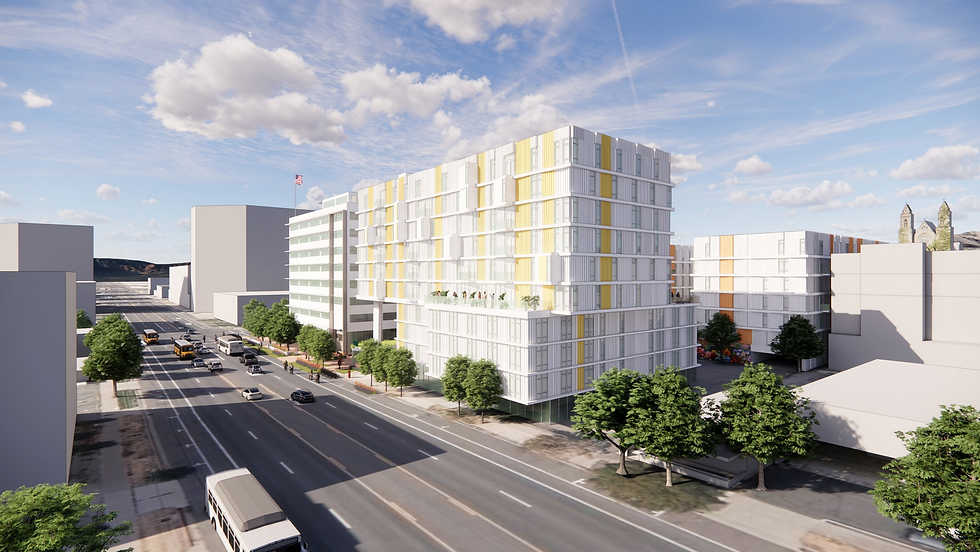Hw Homeroom: Cash Flow 101
- Candace Fite

- Apr 19, 2023
- 2 min read
Updated: May 23, 2023
It’s often said that the secret to wealth is cash flow. This is a concept that gets tossed around a lot and it’s a relatively simple one: cash flow is the amount of money going (“flowing”) into your account after expenses have been paid. The goal? To simply cash flow (v.) as much as you can, which is accomplished by leveraging the amount of money headed “in” and lowering that which is going “out” for expenses. Things like your mortgage payment, all utilities, maintenance, taxes, and the like all count here. Really, anything that can be lumped into property costs can be categorized as expenses.
So, how to make this work for you? It’s called house hacking, and it’s defined simply as generating income from your property. Most broadly, this is what we associate with multi-unit properties (duplexes, triplexes, etc.), say when the owner lives on one side of the property and rents out the other(s). But house hacking is available to anyone who owns a home—if there's a will there's a way.

With a bit of strategizing, you can make your
house start to work for you.
Let’s start with the baby steps: you can rent out a room. Maybe you know a friend, relative, or former coworker who needs a spot. Perfect. The income generated from this small rental will help to offset your expenses. But if the idea of giving up your autonomy is a bit much for you, there are other options too. Airbnb is well-established as a marketplace for short-term rental opportunities. Maybe you rent your entire home during those times when you’re out of town. Or perhaps just a portion of the home (the one you never access). The great thing here is it’s your house. You get to decide what this looks like.
For some, the frequent turnover with Airbnb-ing their home can get a touch overwhelming—the effort becomes less and less “passive” with each change of the sheets and kitchen scrub-down. If the frequent cleaning and rule-setting doesn’t feel quite right for you, long-term leasing may be more up your alley. If you want your house to remain your house, there are alternatives for that too. Adding an ADU (accessory dwelling unit: a separate living space within a house or on the same property as an existing house) may be in the cards, but proper permitting is required. Depending on how your lot is situated there are a variety of options, but the most common is adding an ADU above the garage.
Open to the possibilities? Great…there are plenty of them, and we’re happy to talk with you about them. Come chat with us! We'd love to help you strategize how to do this most effectively within your parameters..




Comments